학술 연구 논문 문헌 리뷰 (Literature Review) - Academic Insight
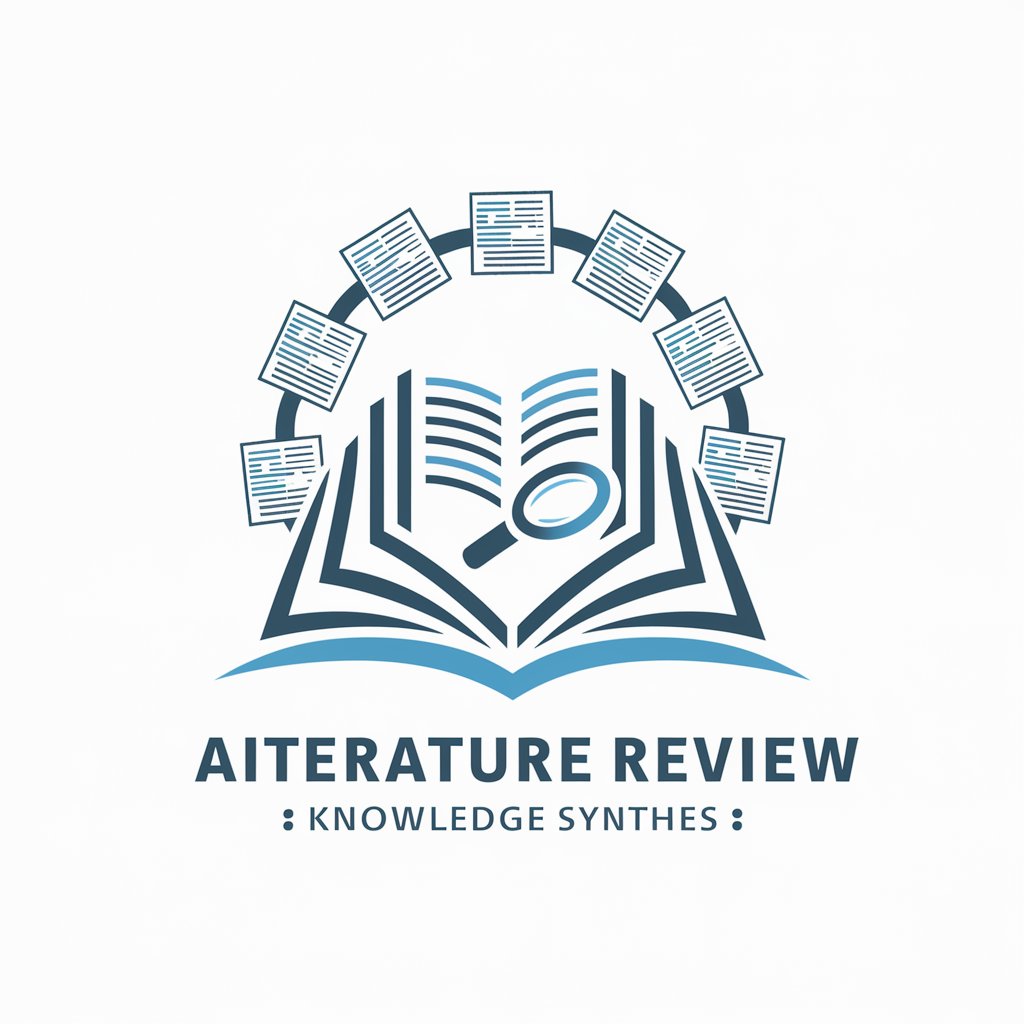
Welcome to Literature Review, your academic research partner.
Power Your Research with AI-Driven Insights
Summarize the key findings of recent research on
Analyze the current trends in
Discuss the implications of recent studies on
Review the methodologies used in the latest research on
Get Embed Code
Introduction to Literature Review in Academic Research
A Literature Review in academic research papers serves as a foundational component that synthesizes and analyzes existing research on a particular topic. It aims to provide a comprehensive overview of the current knowledge, including significant findings as well as theoretical and methodological contributions to a topic. Literature reviews help in identifying patterns, gaps, and inconsistencies in the literature and establish a context for the research being conducted. For example, in a study on the effects of social media on mental health, the literature review section would summarize previous studies on this topic, discuss various perspectives and outcomes, and identify areas where further research is needed. This not only aids in grounding the research within the existing body of knowledge but also helps in delineating the uniqueness and contribution of the current study. Powered by ChatGPT-4o。

Main Functions of Literature Review in Academic Research
Synthesizing existing knowledge
Example
Compiling research findings on the impact of climate change on marine biodiversity.
Scenario
In a study examining the effects of climate change on marine life, the literature review section would aggregate findings from various studies, highlighting trends in species migration, changes in biodiversity, and the overall impact on marine ecosystems.
Identifying research gaps
Example
Noting the lack of studies on the psychological effects of remote work.
Scenario
While reviewing literature for a paper on remote work, the section might reveal a significant gap in research related to its long-term psychological effects on employees, suggesting a potential area for future study.
Theoretical framework establishment
Example
Exploring various theories of motivation in the context of online learning environments.
Scenario
For research focused on online education, the literature review could compare and contrast different theories of motivation to establish a theoretical framework for understanding student engagement in virtual classrooms.
Methodological comparison
Example
Evaluating the effectiveness of qualitative versus quantitative approaches in studying consumer behavior.
Scenario
In a paper exploring consumer behavior, the literature review might assess the strengths and limitations of both qualitative and quantitative research methods used in past studies, guiding the methodological approach of the current research.
Ideal Users of Literature Review Services
Academic researchers
Scholars and students in academia who are undertaking research projects or writing thesis/dissertation papers. They benefit from literature review services by obtaining a deep understanding of their research topic, identifying research gaps, and situating their work within the existing academic discourse.
Policy makers
Individuals in governmental or non-governmental organizations who are responsible for developing policies. They use literature reviews to gather evidence from existing research to support policy decisions, ensuring that the policies are grounded in scientific evidence and comprehensive analyses of the subject matter.
Industry professionals
Professionals in various industries seeking to apply evidence-based practices or to innovate within their field. Literature reviews provide them with insights into the latest research findings, trends, and methodologies, which can inform product development, business strategies, and best practices.

How to Use Literature Review
1. Start Your Research
Begin by visiting a leading AI research tool site for a no-cost trial, no sign-up or ChatGPT Plus required.
2. Choose Your Topic
Identify and define the academic or research topic you wish to explore. This step is crucial for narrowing down relevant literature.
3. Search for Sources
Use the tool to search for scholarly articles, journals, and books relevant to your topic. Include a variety of sources to ensure a comprehensive review.
4. Analyze and Organize
Critically evaluate the sources for their relevance and quality. Organize them thematically or chronologically, depending on your research needs.
5. Synthesize Information
Integrate the findings from your sources to present a comprehensive overview of the current state of research on your topic. Highlight gaps and areas for future research.
Try other advanced and practical GPTs
CustomerIQ Research Assistant
Empower Your Research with AI

Erich Fromm
Empowering Love Through Humanistic Insight

BilanKinéAssist
Streamlining Physiotherapy Documentation

三国游戏
Experience the Three Kingdoms like never before.
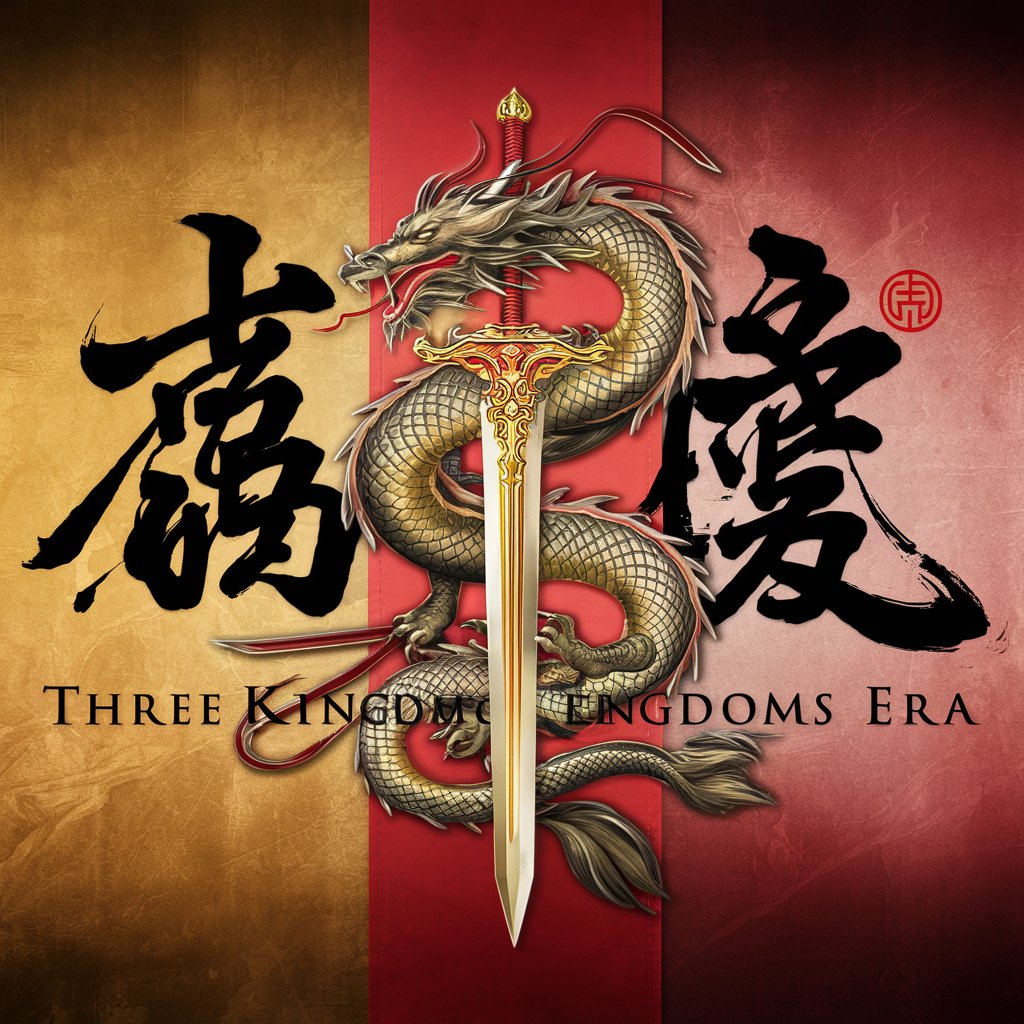
AlaSQL Bot
Streamlining AlaSQL with AI Expertise
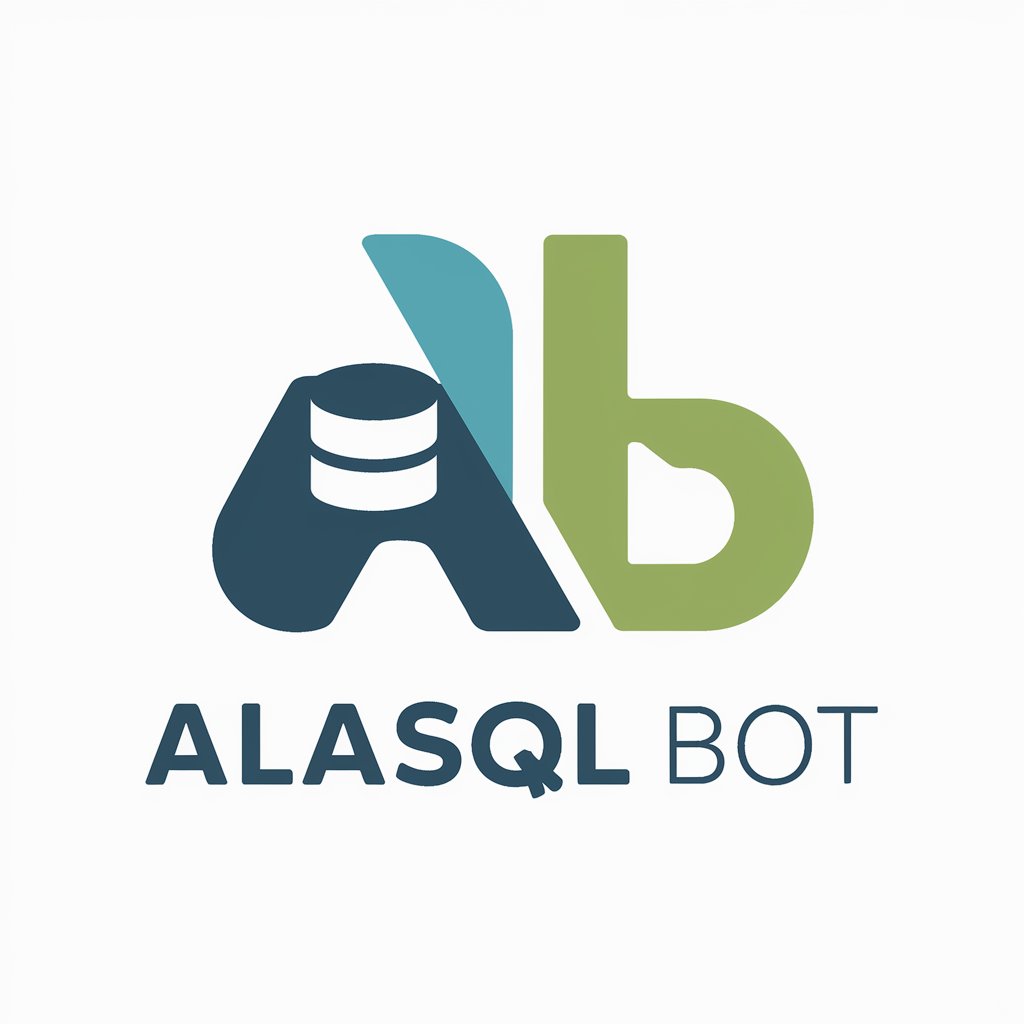
고객 페르소나(Persona) 생성 GPT (마케터, 마케팅용)
Craft Precise Customer Personas with AI

Sandwich Savant
Redefining the Sandwich, One Layer at a Time
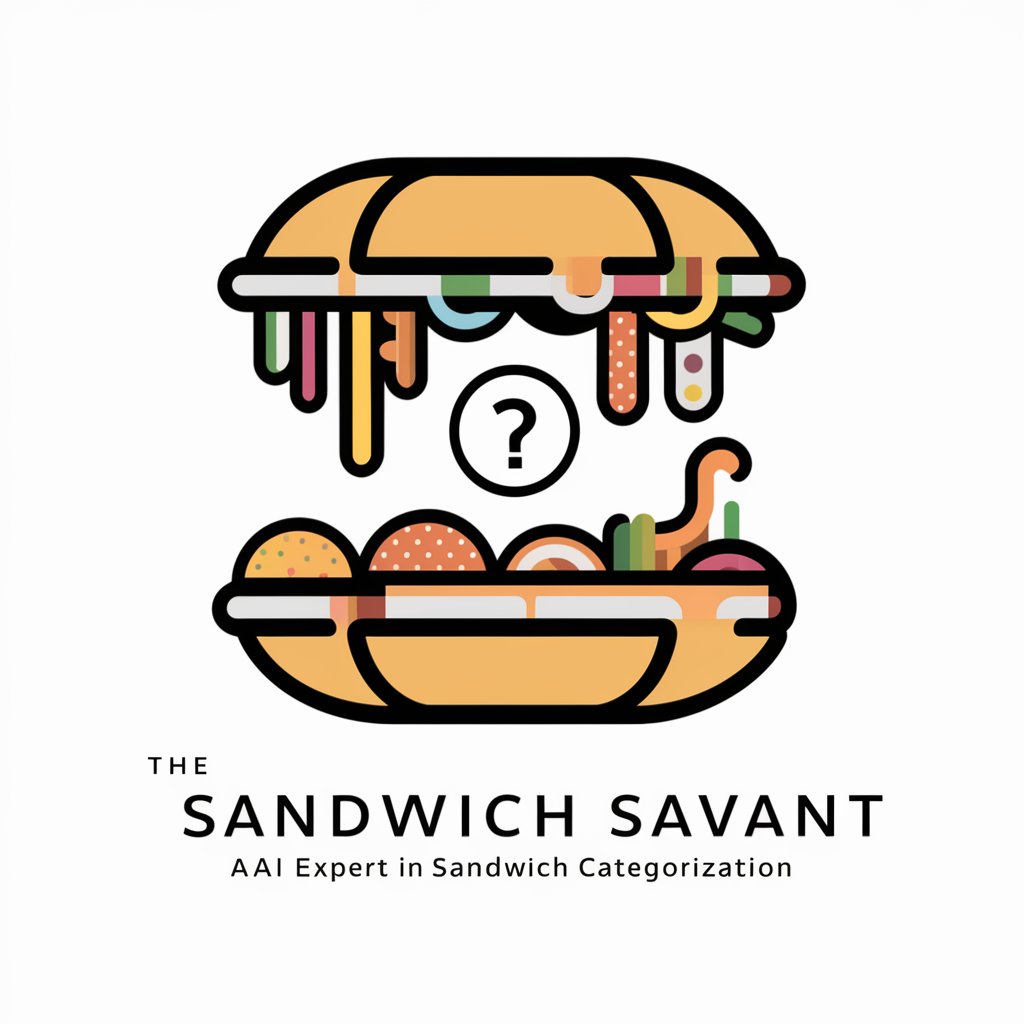
Feedback and corrections
AI-powered Writing Enhancement

ドバイ不動産のトラブル解決アシスタント
AI-powered Dubai Real Estate Law Advisor

Kadence WP
Build beautiful WordPress sites effortlessly.
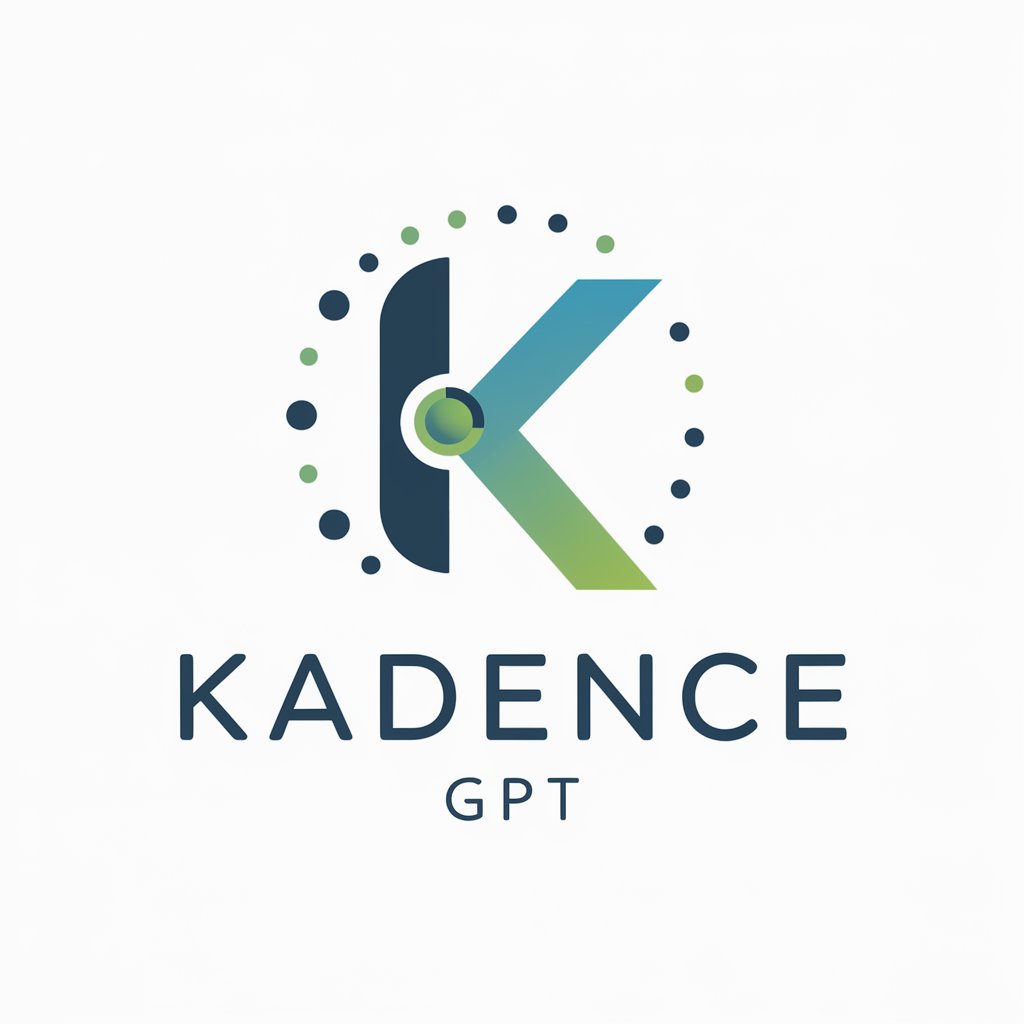
Travel Expert
AI-Powered Custom Travel Insights

Muppetizer Morpher
Turn your photos into Muppet magic with AI!

FAQs on Literature Review
What is a Literature Review?
A literature review is a comprehensive summary of previous research on a topic. It surveys scholarly articles, books, and other sources relevant to a particular issue, area of research, or theory, providing a description, summary, and critical evaluation of these works.
Why is a Literature Review important?
It's crucial for understanding the existing body of knowledge on a subject, identifying gaps in the research, and setting the foundation for new insights and discoveries. It helps researchers avoid duplicating work and builds on the work of others.
How can I ensure the quality of my Literature Review?
Ensure the quality by selecting reputable sources, critically evaluating the relevance and findings of each source, and synthesizing the information in a way that provides new insights or perspectives on the research topic.
Can Literature Review be used for all academic fields?
Yes, literature reviews are a fundamental component of academic research in all fields, from the sciences to the humanities. They help to contextualize your research within the larger field of study.
How often should I update my Literature Review?
It depends on the pace of research in your field. Some fields require staying current with the latest studies, necessitating more frequent updates. Generally, reviewing the literature annually or before starting a new research project is advisable.
